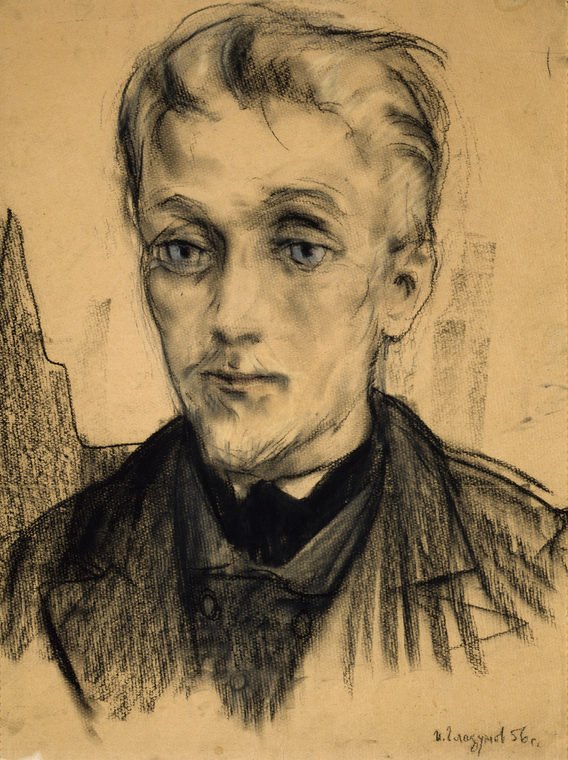Finding Our (Vocational) Identity
Illustration for F. Dostoevsky's novel "The Idiot"
I believe I've been called to be a pastor. That calling is both internal (I sense in my heart God's calling on my life) and external (God's people, the church, recognize that calling in my life and ministry).
In addition, Scriptures like Jeremiah 23:1-6, Ezekiel 34, John 10:1-18, I Peter 5:1-4 have shaped my identity as a shepherd of God's people.
But my struggle has been with the outside pressures of both church and secular culture that push me to be someone I'm not. For example, am I a CEO of an organization responsible for all that happens (corporate model)? Am I primarily a psychological counselor focused on solving people's problems (therapeutic model)? A spellbinding public speaker?
Each model has some merit: pastors do have administrative responsibilities, they should care for people's needs, and preaching has a high priority. But the Bible should primarily form my pastoral identity.
However, I've found allies (you might call them parables) in literature. For example, 19th century Russian novelist Fyodor Dostoevsky provides a pastoral model in his novel, The Idiot. The central character of the novel is Prince Myshkin, a young man who suffers from epilepsy and appears socially awkward in public occasions. People assume he is harmless, lacking intelligence and insight. In short, an idiot.
But as Dostoevsky wrote in a letter to a friend, Prince Myshkin depicts "the positively good and beautiful man". The novel places him in his immediate world at the center of conflict, passion, and desire. He seems harmless, so people trust him. It seems like he doesn't really do anything, so he is free to help others. And behind the veneer of stupidity and naïveté, Prince Myshkin has tremendous insight into human behavior.
So, I've adopted Prince Myshkin as a model of pastoral ministry. Pastors are often dismissed as unnecessary and out of touch with the world. They're seen as unimportant. But many pastors have deep insight and wisdom, because they really don't make anything happen and are free to observe and draw insights into life.
That's why I seek out pastors who in the world's eyes are of no account. They often pastor in out of the way places. They're not status seekers. They're certainly not on a career path. They have chosen to pastor those people God has given them. And they know them personally because they have taken the time to know their people.
Like Dostoevsky's Prince Myshkin, people seek out these kinds of pastors because they can be trusted. They seem to have no agenda or ulterior motive. But they possess deep insight into people's hearts. They are the thermostat, not the furnace.
We can all draw our dignity, worth, value, and identity from what God says about us. His written Word speaks truth to our hearts. It can also shape our vocation, what God has called us to do. Maybe we can also find a corroborating model in literature like Prince Myshkin that reinforces what God has already said about us.
But certainly, of all people, those who pastor us should have their identity shaped by the wisdom of Scripture and buttressed by figures like a Prince Myshkin. I would rather be considered wise than smart, though the two are not mutually exclusive. I would rather be an idiot than an expert, a fool for Christ like the apostle Paul (1 Cor 4:10-13).
